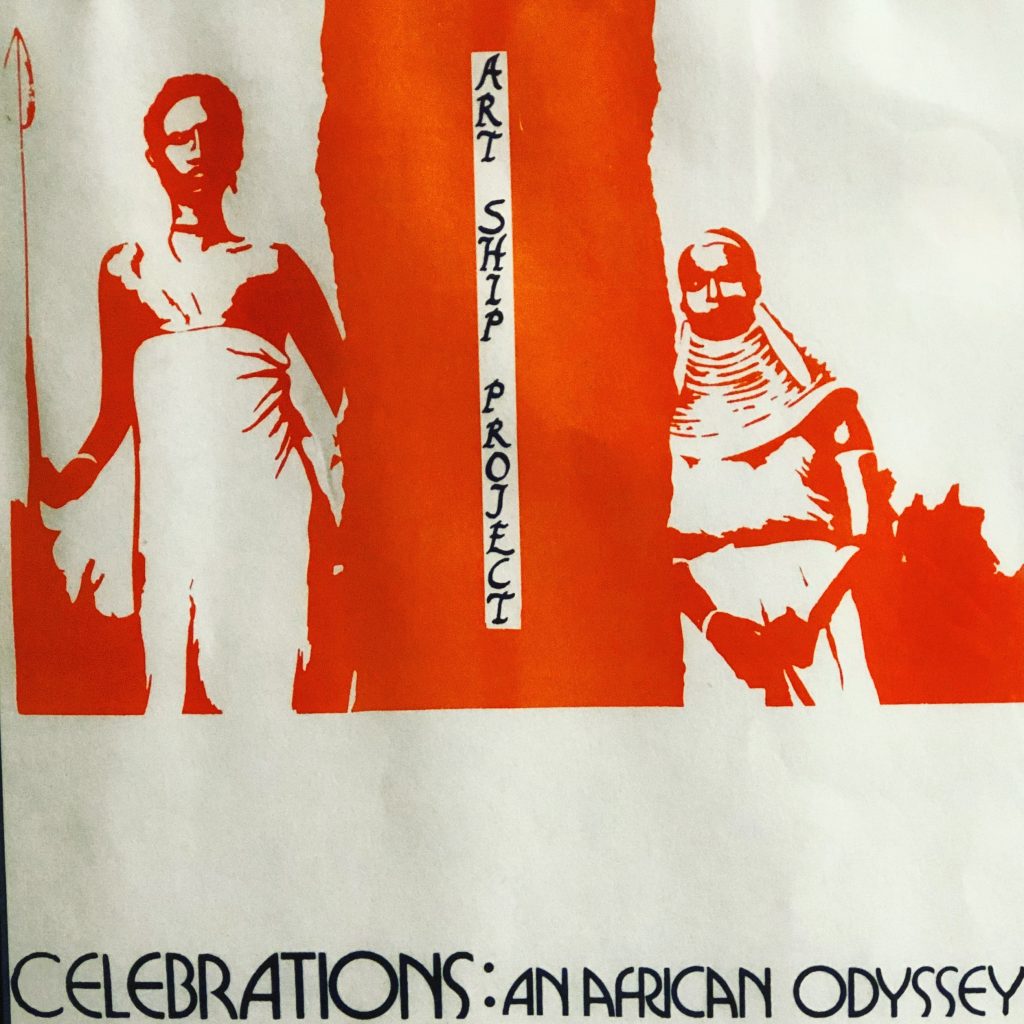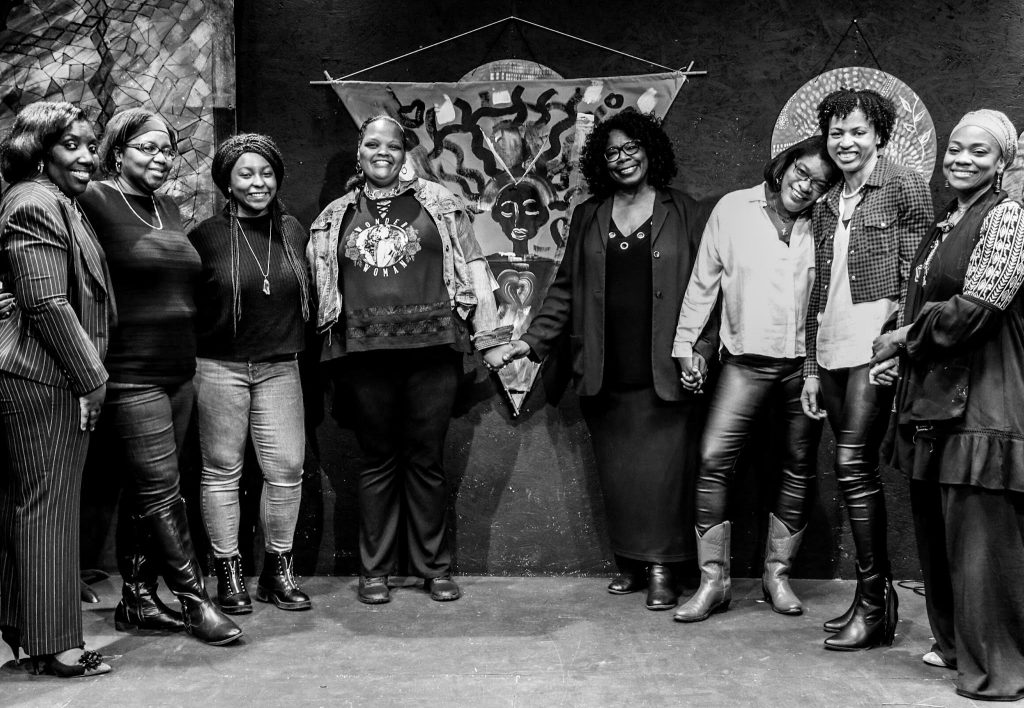“I think all in all, one thing a lot of plays seem to be saying is that we need to, as black Americans, to make a connection with our past in order to determine the kind of future we’re going to have. In other words, we simply need to know who we are in relation to our historical presence in America.” – August Wilson

The old Peerless Building, Hope Artiste Village and 560 Mineral Spring Avenue have housed Mixed Magic Theatre (MMT) for the past 20 years. “We ain’t moving no more buildings,” says artistic director Jonathan Pitts-Wiley. In addition to the 20 year history of MMT, Ricardo Pitts-Wiley and Bernadette Pitts-Wiley, founders, have been creating art all over the country for the past 40 years.
“It’s less about the productions, but the people and what makes a production happen — when you see that magic, and you get to see people rise to the occasion,” says Jonathan Pitts-Wiley. Mixed Magic Theatre is the only theater in the state that puts people of color first and continues to maintain a black aesthetic. Many of our state’s most beloved actors got their start at Mixed Magic and the Pitts-Wiley’s have continued to provide opportunities to folks other theaters have turned away.

A person of color trying to break into RI theater must knock at the door countless times, know someone who knows someone or hold a fancy degree. But that’s not the case with the Pitts-Wileys, who welcome artists of all levels into their space and often send them home with a piece of Ricardo’s famous blueberry cobbler/crisp. Mixed Magic trains not only actors, but directors and stage managers, because they note people of color in all aspects of theater are needed. Mixed Magic continues to stand out among the other theater companies in the state due to their values. They produce the shows they want to produce and work with the people they want to work with. “Oh you’re not wack? I will put you on. Or you’re not there yet? I will put you up because that happened to me. I was given opportunities to hone my craft, so who would I be to deny that to other people? That is my responsibility … and if we’re good? Why wouldn’t I do that?” adds Jonathan.

When I moved back to Rhode Island from New York two years ago, I felt lost and wasn’t really sure how I would re-integrate myself into the community. But there was Jonathan and Mixed Magic to scoop me up with my first directing gig. I was challenged in a way that was at times overwhelming, but the Pitts-Wileys were in my corner, supporting me for the three-month process. It is this blend of pushing artists to their limits and supporting them along the way that makes MMT so special.
As Black History Month begins, we should remember that black artists continue to set trends and provide a safe space for all people. This season at MMT you can catch dramatic readings of Letter from Birmingham City Jail, Beyond Vietnam, full productions of Rise to Black (a monthly themed curation of poetry, scenework, music and more) and Wayfinders, a new version of Mothers of the Movement (the original play showcasing black women-identifying leaders from the 1800s to present day).

Photo credit: JPW Photography
For the future, MMT hopes to enhance their educational offerings to “deepen the benches” for our theater community. Professional workshops for the business side of acting, headshot sessions, and self-tape offerings are on the horizon. “The dream? For my family and I to pass this off to a person or peoples we trust,” adds Jonathan.
Mixed Magic Theatre never loses sight of black history, and it is this constant awareness that allows them to showcase work reflecting where black artists are right now. While the Pitts-Wileys may pass the torch in the future, the foundation they have laid for artists in general, especially artists of color, will continue to thrive.

